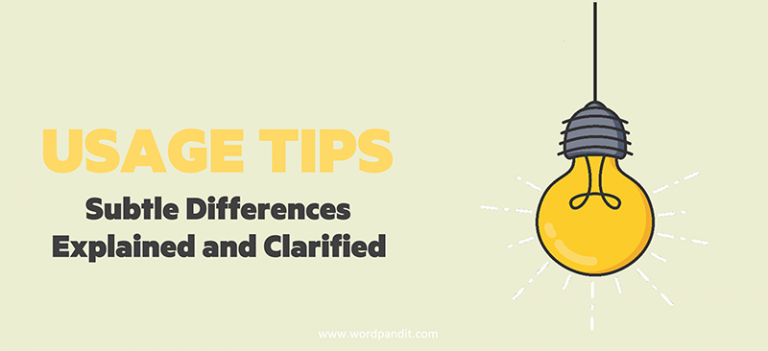Definitional Precision: Abstruse vs. Obtuse 🧐
To begin with, it is essential to delineate the core meanings of these terms:
- Abstruse (pronounced: ab-STROOS): Abstruse refers to something inherently complex, esoteric, or intellectually demanding. 🧠✨ It denotes ideas, concepts, or arguments that are difficult to comprehend due to their intricate or abstract nature. For instance, many philosophical texts are considered abstruse, requiring careful and critical engagement. 📖🔍
- Obtuse (pronounced: uhb-TOOS): In contrast, obtuse characterizes an individual who is slow to understand or deliberately insensitive to nuanced ideas. 🤦♂️ It also connotes dullness, either metaphorically (in terms of cognitive acuity) or literally (such as in geometry, where an obtuse angle exceeds 90 degrees but is less than 180 degrees). 📐 It may also be used to describe a lack of sharpness in wit or perception. 😑
Etymological Insights 🌱📜
The etymology of these words provides additional insight into their meanings:
- Abstruse is derived from the Latin abstrusus, meaning “hidden” or “concealed.” 🔒 This etymological root underscores its usage in describing concepts that are obscured by complexity or depth, often requiring substantial intellectual effort to uncover their meaning. 🧐💡
- Obtuse, on the other hand, originates from the Latin obtusus, meaning “blunt” or “dull.” 🪨 This origin aptly captures the metaphorical application of the term to describe individuals or objects lacking sharpness, whether in cognitive acuity or physical form. ✨
Illustrative Examples for Clarity 🎨
- Abstruse: “The theoretical underpinnings of quantum field theory are often regarded as abstruse, accessible only to those with significant expertise in the field.” 🌀🔬
- Obtuse: “Despite multiple explanations, the student remained obtuse, unable to grasp the basic principles of the argument.” 🤔💤
A mnemonic to assist with differentiation: Abstruse pertains to truth-seeking efforts that are concealed, while obtuse suggests an obstruction in understanding. 🚧💭
Synonyms and Antonyms 🗂️
- Abstruse:
– Synonyms: recondite, enigmatic, esoteric 🔍
– Antonyms: transparent, comprehensible, lucid 🌟 - Obtuse:
– Synonyms: imperceptive, insensitive, dim-witted 🙄
– Antonyms: perceptive, astute, sharp-witted 💡
Comparative Analysis: Avoiding Common Misapplications 🚫
Abstruse should be used when describing subjects that are inherently complex, often requiring specialized knowledge to fully comprehend. 🧩 For instance, a particularly intricate mathematical proof or an obscure philosophical debate could be described as abstruse. Obtuse, conversely, is most appropriately used to characterize a person who either lacks the cognitive sharpness to understand a concept or is willfully indifferent to understanding. 😶🌫️ Thus, an abstruse concept is challenging by nature, whereas an obtuse person fails to understand even what is accessible. 🔄
Contextual Usage: Abstruse vs. Obtuse in Practice 📝
“The research paper was undeniably abstruse, demanding an advanced understanding of differential calculus, while the reviewer’s obtuse approach to critique demonstrated a lack of foundational knowledge.” 📚🤯
Mnemonic Devices for Retention 💡🧠
To recall these distinctions:
- Abstruse contains the notion of “truth” (or “true”), indicative of the effort needed to grasp hidden truths. 🔍✨
- Obtuse sounds akin to “obstacle,” reflecting a person who acts as an impediment to comprehension due to their lack of insight. 🚧🤔
Related Lexical Pairs 🔄
For those interested in further exploration, other commonly confused word pairs include affect vs. effect and elicit vs. illicit, which similarly require careful distinction for accurate usage. 📝🔍
Conclusion 🎓
Having dissected the distinctions between abstruse and obtuse, it is evident that precision in language enriches communication, especially in academic contexts. 📖✨ Abstruse pertains to subjects characterized by inherent complexity, while obtuse describes individuals or behaviors marked by a lack of intellectual sharpness. Mastering these distinctions will undoubtedly enhance clarity and effectiveness in scholarly communication. 🗣️🔎
Test Your Knowledge: Abstruse vs. Obtuse Quiz 📝🧩
1. The explanation was so ___ that I needed to read it three times. 📖🌀
2. He was being ___ about understanding the point, no matter how clearly it was explained. 🤔❓
3. Abstruse means lacking sharpness. ⚔️❌
4. Select the correct synonym for abstruse. 💡
5. The audience found his lecture to be ___, though some enjoyed the intellectual challenge. 🎤🤓
6. The concept was ___, but his inability to even try was simply ___. ⚖️🤷♂️
7. Which word has its origins in Latin meaning ‘hidden’? 📜🔍
8. The word ‘obtuse’ can describe someone being purposefully slow to understand. ❓🐢
9. The author’s message was too ___ for the average reader, but those who persisted found it enlightening. 📖💡













